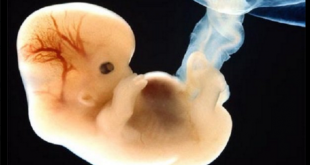Arkansas lawmakers passed a bill titled “An Act to Prohibit the Propagation of Divisive Concepts” to ban state agencies and contractors from giving employees so-called critical race theory (CRT) training. These agencies can’t teach that groups of people are inferior or superior to others based on race, ethnicity, sex, or religion or that individuals — by virtue of their race, ethnicity, sex, or religion — are inherently responsible for the actions committed in the past by their counterparts.
This bill is now the law in Arkansas, but Governor Asa Hutchinson didn’t sign it. The measure doesn’t apply to government schools. The legislature is working on a bill that would apply. From The Hill:
A group of Republican senators led by Minority Leader Mitch McConnell (Ky.) recently wrote to President Biden’s Education secretary, Miguel Cardona, arguing that a proposed rule promoting education programs addressing systemic racism is “divisive nonsense.”
“Families did not ask for this divisive nonsense. Voters did not vote for it,” the senators wrote. “Americans never decided our children should be taught that our country is inherently evil.”
Idaho became the first state to ban CRT in government schools, followed by Oklahoma. The Tennessee legislature has voted to ban CRT.
Republicans on the state level are passing a series of laws to push back against the Democrats’ national agenda to erode citizens’ constitutional rights. Anti-CRT legislation gained ground after President Joe Biden rolled back former President Donald Trump’s executive order establishing the 1776 Commission, created to counteract the left’s dominance in the country’s institutions on CRT. Republican lawmakers also are passing gun-rights legislation, pro-life bills, and measures to protect fair competition in women’s sports.
Photo credit: Jimmy Emerson, DVM (Creative Commons) – Some rights reserved
 CURE News and Clergy Blog News and Commentary for Christians
CURE News and Clergy Blog News and Commentary for Christians



